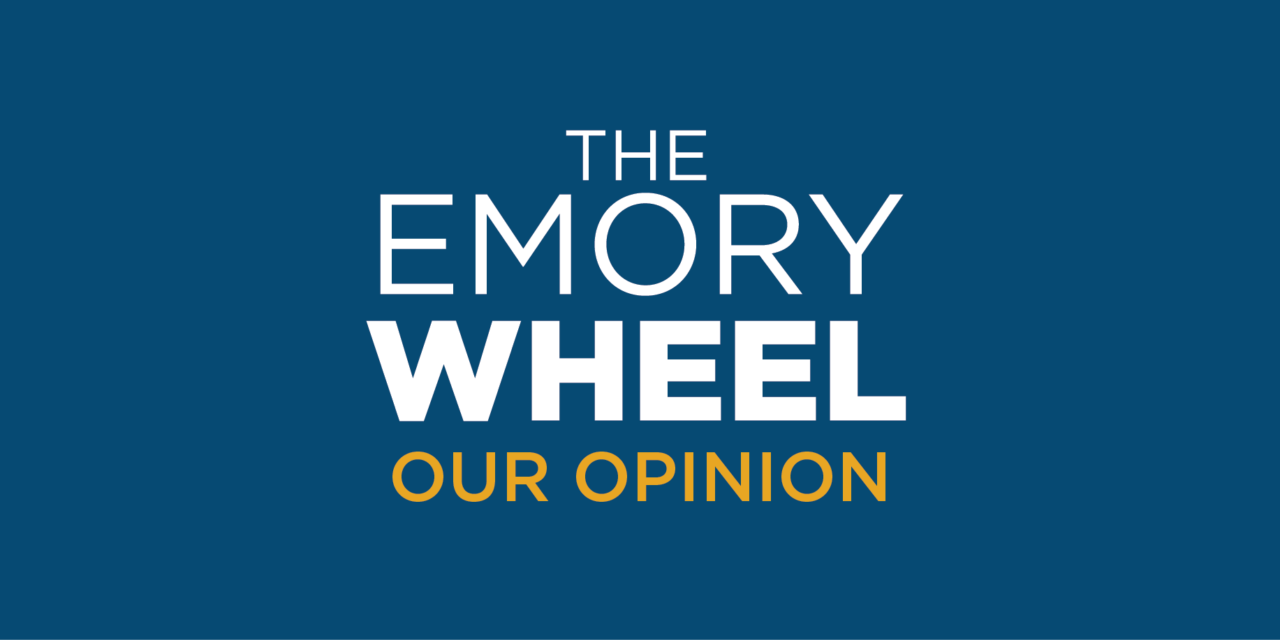Starting in October, CVS/pharmacy, one of the largest pharmacy chains in the United States, will stop selling cigarettes. In light of Emory’s own tobacco-free policy and the close proximity of many CVS stores near main campus, we at the Wheel think this regulation is a positive idea. The change has the potential to cause a decrease in smoking on campus. The lack of supply will hopefully discourage freshmen and others from starting to smoke and encourage smokers to kick the habit.
The ban will make acquiring cigarettes more difficult for those who do smoke – whether that is habitually or socially. This may result in a long-term reduction of smoking on our campus and in general, which would allow the Emory community to more fully adhere to its tobacco-free policy. In general, we feel that CVS’ decision will benefit Emory in the long term, as it will make it more difficult for freshmen and underage students to buy cigarettes, curbing potential addiction to a deadly product.
Furthermore, we believe that this could result in the reduction of smoking around Emory University Hospital, catering to those who neither need nor want to be around tobacco smoke. By ceasing cigarette sales, CVS could be stopping visitors to Emory’s campus – including those who aren’t familiar with Emory’s tobacco-free policy – from purchasing these products nearby.
The Emory Wheel was founded in 1919 and is currently the only independent, student-run newspaper of Emory University. The Wheel publishes weekly on Wednesdays during the academic year, except during University holidays and scheduled publication intermissions.
The Wheel is financially and editorially independent from the University. All of its content is generated by the Wheel’s more than 100 student staff members and contributing writers, and its printing costs are covered by profits from self-generated advertising sales.



